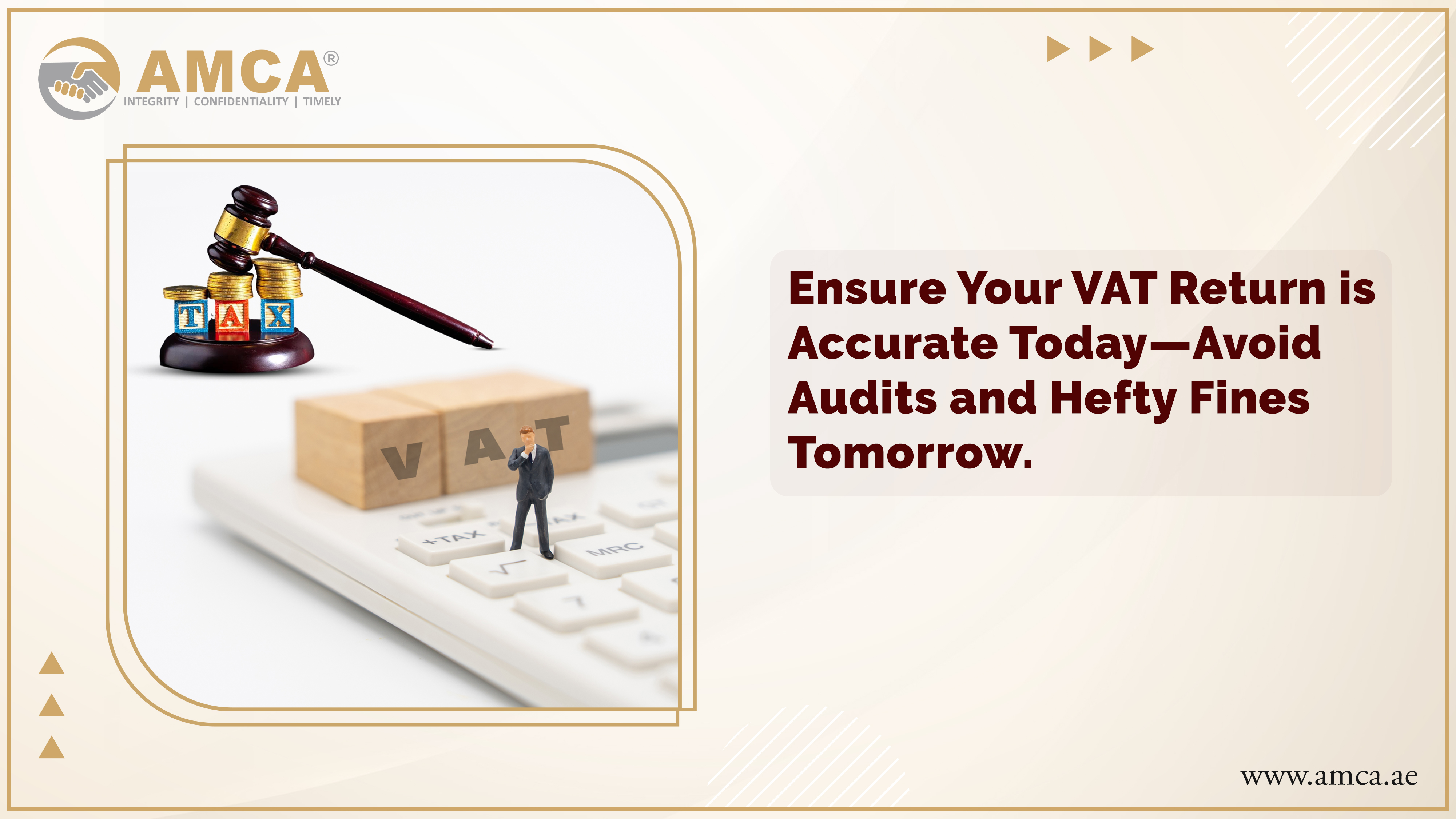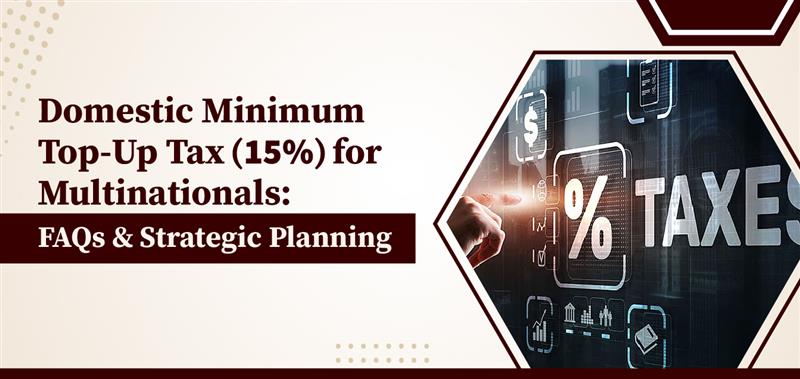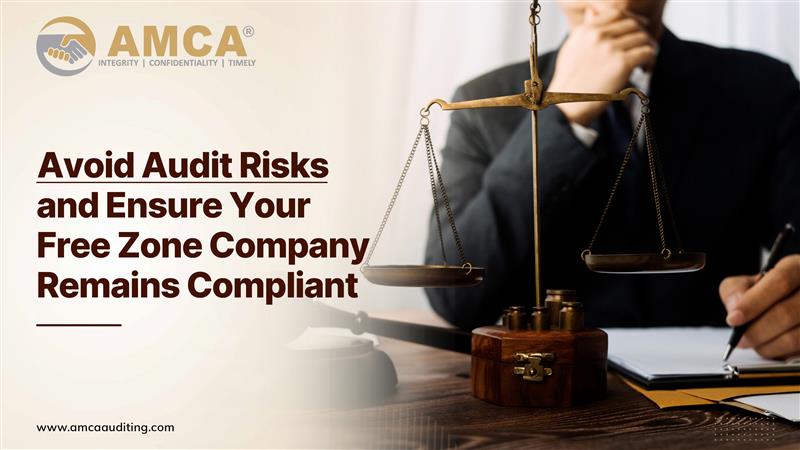.jpg)
20 Jun 2025
Investing in real estate remains one of the most attractive opportunities in the UAE. However, understanding UAE VAT commercial property rules is crucial—especially for investors dealing with rentals or purchases of Commercial property UAE. Since the introduction of VAT on property UAE under Federal Decree-Law No. 8 of 2017, which came into effect on 1st January 2018, the tax treatment of real estate transactions has varied significantly depending on whether the property is commercial or residential.
This comprehensive guide will walk you through everything you need to know about VAT on commercial property in the UAE, including sales, leases, registration thresholds, and the latest Abu Dhabi commercial property VAT rules. Whether you're looking into UAE real estate investment or seeking a Guide to VAT on property investment UAE, this article has you covered.
What Qualifies as Commercial Property?
The UAE VAT framework classifies any land or building that does not meet the definition of residential property as commercial. This means offices, shops, hotels, warehouses, and commercial component of mixed-use developments are standard-rated transactions for VAT. The Executive Regulations confirm that the supply of commercial property is treated as a supply of "goods" and is taxable at the standard rate.
VAT Rates on Commercial Property
Sales
-
The sale of Commercial property UAE is subject to the standard VAT rate of 5%.
-
Buyers must pay the 5% VAT directly to the Federal Tax Authority (FTA), via e-services for off-developer sales /secondary market sales and present a Payment Transaction Number to the Land Department to complete the transfer.
Leases
-
VAT on commercial property in UAE 2025 continues to apply the 5% standard rate to rental payments.
-
Landlords must register for VAT if their annual supply of rental services exceeds AED 375,000.
-
Tenants typically pay this VAT on top of their lease amount.
Registration Requirements & UAE Property Investment Tax
A clear understanding of UAE property investment tax is essential for landlords, developers, and investors:
-
Mandatory Registration: landlords, developers, or investors must register for VAT if their taxable supplies (including commercial property rent and sales) exceed AED 375,000 over the previous 12 months or are expected to exceed this amount in the next 30 days.
-
Voluntary Registration: May consider registering if taxable supplies or expenses exceed AED 187,500.
-
Non-resident Landlords: Owners without a fixed establishment in the UAE must register even without meeting thresholds if they make taxable supplies, such as leasing or selling commercial properties, regardless of the AED 375,000 threshold.
A Guide to VAT on property investment UAE must include these thresholds as they determine whether a business can recover VAT on related expenses—like maintenance, utilities, and construction—through input tax credits.
Special Payment Process for Buyers
If you’re purchasing a commercial property UAE, special steps apply:
-
Buyer pays 5% VAT to the FTA via Emara Tax e-services portal..
-
Buyer receives a Payment Transaction Number as proof.
-
The buyer presents this to the Land Department to complete the transfer.
This ensures the transaction meets regulatory standards and VAT on property UAE is settled correctly before transfer. This also applies to VAT on commercial property in Dubai, Abu Dhabi, or other UAE emirates.
Input Tax Recovery and Capital Asset Treatment
If you've purchased a commercial building, it’s considered a capital asset:
-
You can recover the input VAT on the purchase price and related expenses in your VAT returns.
-
However, you must monitor usage for 10 years, adjusting the VAT recovery if the property's use changes, for example if it's used for exempt activities or non-business purposes.
Mixed-use and Designated Zones
Mixed-use buildings (with residential and commercial components), VAT treatment must be applied proportionately::
-
The commercial portion is subject to 5% VAT on sales and leases.
-
The residential part is mostly exempt, except for first-time supplies within three years of completion, which are zero-rated.
-
Input VAT must be apportioned based on taxable vs. exempt use.
Real estate properties located in Designated Zones (e.g., free zones with specific customs regimes) may be outside the scope of VAT, but services linked to it remain taxable.
VAT on Commercial Property in Abu Dhabi: Specifics
Abu Dhabi follows national rules—commercial properties are taxed at 5% for sales and leases, while residential properties are exempt or zero-rated in some cases.
Developers of new residential properties can recover input VAT related to construction, subject to conditions. For commercial properties, input VAT on construction and related costs is recoverable, provided the developer or landlord makes taxable supplies (e.g., commercial sales or rentals).
Compliance & RecordKeeping Requirements
To meet Commercial property UAE regulations, property owners and tenants must:
- Issue tax invoices according to VAT rules for all taxable supplies.
-
Keep documents—including sales/purchase and lease agreements and payment confirmations—for at least 5 years, or 15 years if related to real estate.
-
Submit VAT returns and reports in each tax period.
Non-compliance may lead to administrative penalties, audits, reputational damage, and increased scrutiny from the FTA.
VAT 2025 Updates
Heading into VAT on commercial property in UAE 2025, current regulations continue unchanged. Investors and developers should:
-
Remain vigilant about FTA updates.
-
Monitor standard VAT rate and compliance mechanisms.
-
Be aware of middle- to long-term changes, e.g., sustainability schemes or digital economy initiatives—but for now, 5% remains the standard for commercial property.
Why VAT Compliance Matters for Investors
-
Transparent cost structuring: Ensures your financial models accurately reflect 5% VAT on sales and leases.
-
Maximized input tax recovery: You can reclaim VAT on eligible expenses provided these relate to taxable supplies, reducing your effective property cost.
-
Avoidance of Fines: Non-compliance with UAE real estate investment rules and VAT on property UAE regulations can lead to penalties and audit risks.
-
Boosts credibility: Proper VAT compliance helps maintain trust with financial institutions, co-investors, and tenants.
When it comes to UAE VAT commercial property, the rules are clear: apply a 5% standard rate for both sales and leases, register for VAT if thresholds are met, and comply with invoicing and record-keeping obligations. Understanding VAT on commercial property in Dubai and Abu Dhabi commercial property VAT rules empowers investors to navigate the landscape confidently.
Regularly consult the Federal Tax Authority’s Real Estate VAT Guides (VATGRE1) and the Executive Regulations to stay updated on policy changes.
Navigating the complexities of UAE property investment tax can be challenging—but you don’t have to go it alone. At AMCA, our VAT and real estate specialists are ready to help you:
-
Evaluate VAT implications on commercial transactions
-
Ensure full input tax recovery
-
Support VAT registration, invoicing, and ongoing compliance
-
Conduct regular VAT audits and training
Contact AMCA today and let us guide your UAE real estate investment journey with confidence and clarity.
With thorough knowledge of Commercial property UAE regulations and proper VAT planning, investors can maximize returns and stay compliant in one of the most dynamic real estate markets in the world.
Let AMCA help you make your next commercial property UAE move—smartly and securely.
Read More: Top 5 Signs Your Business Needs a Bookkeeping Audit
Read More: Top 8 Audit Firms in Dubai
Read More: Bookkeeping Tips for Startups to Maintain Positive Cash Flow
Read More: The Essential DIFC List of Auditors: Ensuring Financial Transparency and Compliance




